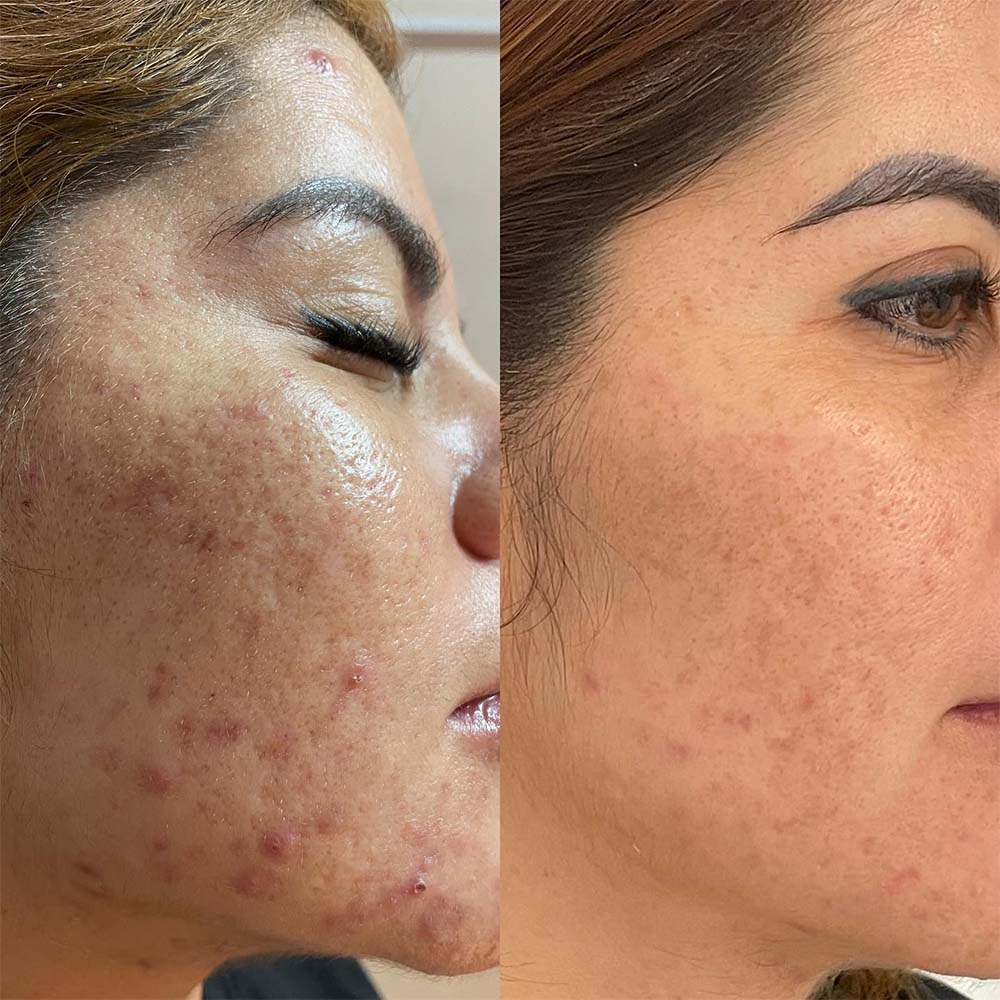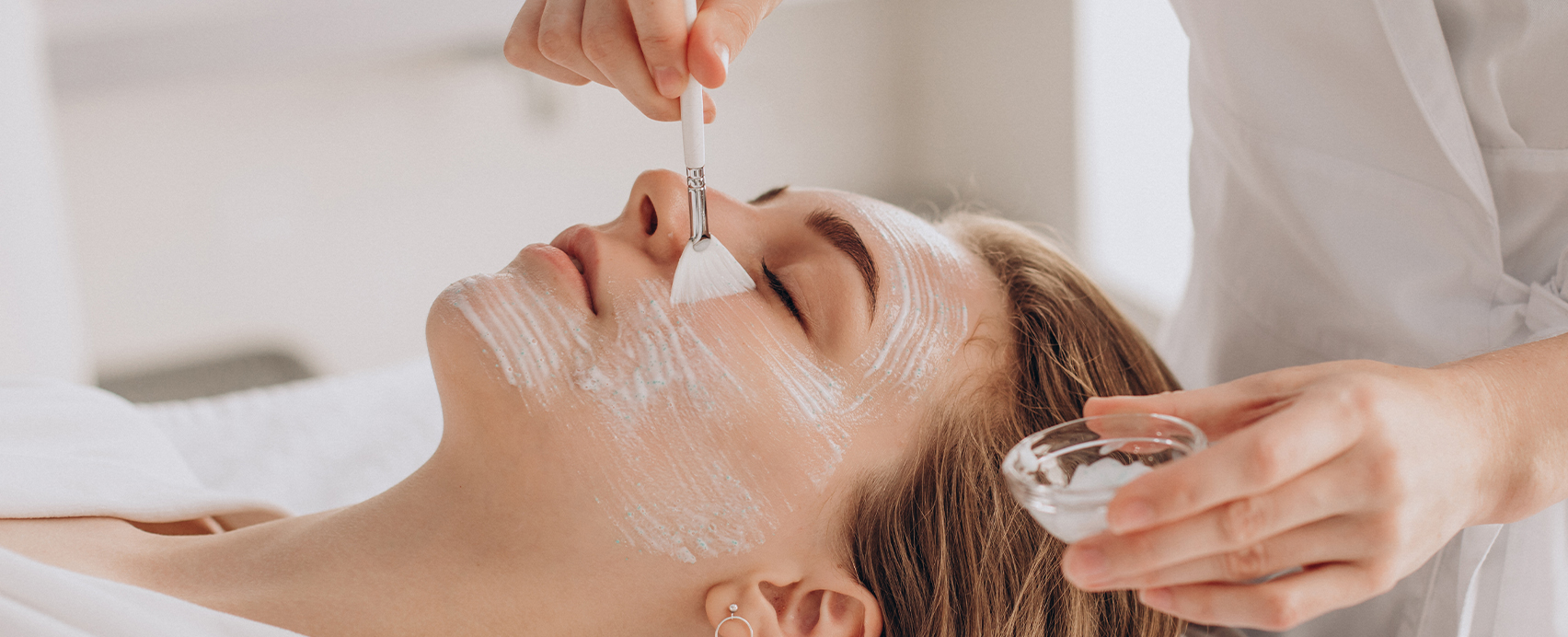Chemical peels have emerged as a popular and effective solution for achieving smoother, more radiant skin. Whether you’re looking to address acne scars, pigmentation issues, or simply refresh your complexion, chemical peels can offer transformative results. At Skin-City Gandhidham, we believe in the power of informed choices, which is why this blog aims to take you on a deep dive into the world of chemical peeling. In this comprehensive guide, we’ll explore the different types of chemical peels, how they work, and their remarkable potential to revitalize your skin.
Understanding Chemical Peels
Chemical peels are dermatological treatments that use specialized chemical solutions to exfoliate the top layer of the skin. This process encourages the shedding of damaged skin cells, revealing healthier and more youthful skin beneath. Chemical peels are a versatile tool in addressing a range of skin concerns, including:
- Acne scars
- Fine lines and wrinkles
- Hyperpigmentation
- Sun damage
- Uneven skin texture

The fundamental principle behind chemical peels is to initiate controlled injury to the skin’s surface, stimulating collagen production and accelerating cell turnover. As a result, the skin becomes smoother, more even-toned, and rejuvenated.
Types of Chemical Peels
Chemical peels come in various types, each catering to specific skin concerns and depths of treatment. Here’s an overview of the most common types:
- Superficial or Light Peels:
- These peels use mild acids, such as alpha hydroxy acids (AHAs) or beta hydroxy acids (BHAs), to gently exfoliate the outermost layer of the skin. They are effective for enhancing skin texture, reducing fine lines, and addressing minor pigmentation issues.
- Medium Peels:
- Medium peels penetrate deeper into the skin, typically using trichloroacetic acid (TCA). They are beneficial for treating moderate wrinkles, acne scars, and more pronounced pigmentation irregularities.
- Deep Peels:
- Deep peels, often using phenol or high-concentration TCA, target deeper skin layers. They are reserved for severe wrinkles, deep scars, and significant pigmentation issues. Due to their intensity, they require more downtime and may not be suitable for all skin types.
The Chemical Peel Procedure
Before undergoing a chemical peel, it’s essential to consult with a dermatologist or skincare professional to determine the most suitable peel type for your skin concerns. The procedure typically follows these steps:

- Cleansing: The skin is thoroughly cleansed to remove makeup, oils, and impurities.
- Application: The chemical peel solution is applied to the skin in a controlled manner.
- Duration: The solution is left on the skin for a specific period, depending on the peel type.
- Neutralization: The peel is neutralized to stop the chemical reaction.
- Post-Peel Care: The professional will provide post-peel care instructions, including sunscreen use and avoidance of certain skincare products.
Results and Aftercare

After a chemical peel, patients can expect some degree of redness, peeling, and sensitivity as the skin undergoes the rejuvenation process. The results gradually become more apparent as the skin heals. It’s crucial to follow post-peel care instructions diligently, which often include:
- Avoiding sun exposure
- Using gentle, hydrating skincare products
- Applying sunscreen daily
- Avoiding picking or peeling the skin
- Staying well-hydrated
The downtime and aftercare requirements vary depending on the peel’s depth. Superficial peels may have minimal downtime, while deep peels can require more extended recovery periods.
Conclusion
Chemical peels offer a powerful solution for achieving healthier, more radiant skin. The choice of peel type depends on your specific skin concerns and goals. At Skin-City Gandhidham, our experienced team of professionals is dedicated to helping you achieve the skin you desire. Whether you’re seeking to reduce the signs of aging, improve skin texture, or address pigmentation issues, chemical peels can be a transformative part of your skincare journey. For personalized guidance and expert chemical peel treatments, reach out to us. Your path to rejuvenated skin begins with knowledge and a trusted partner.


